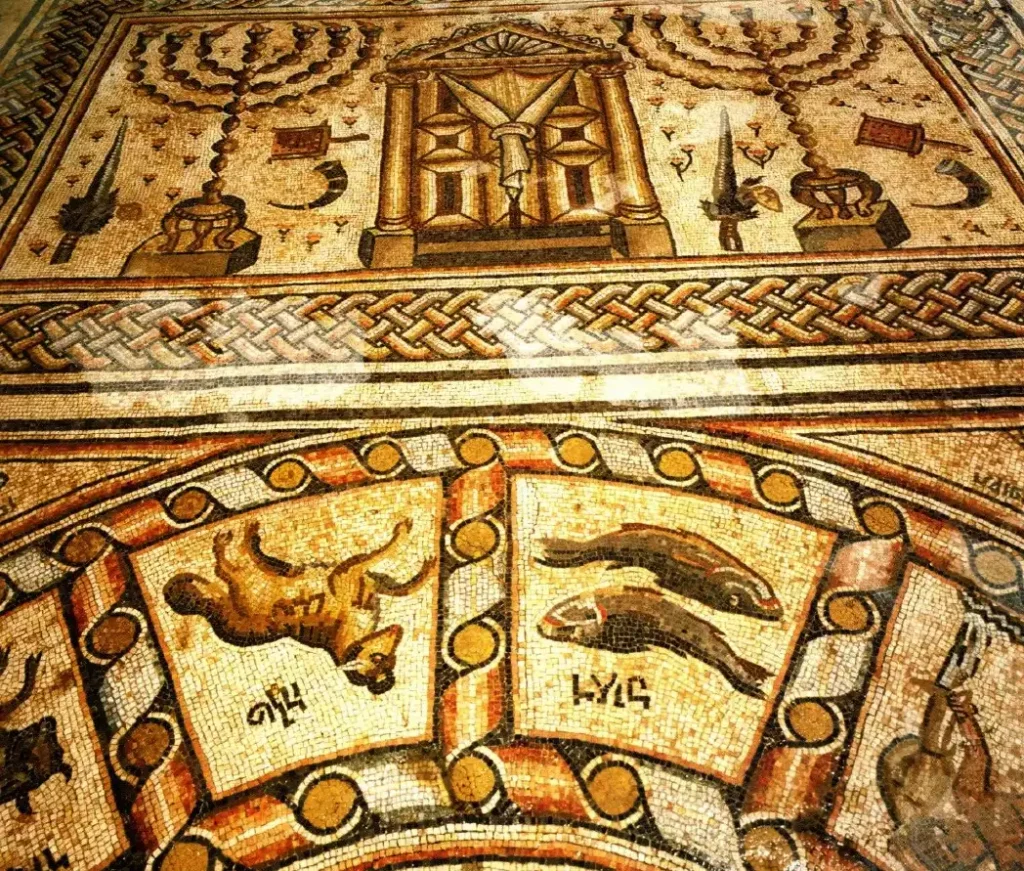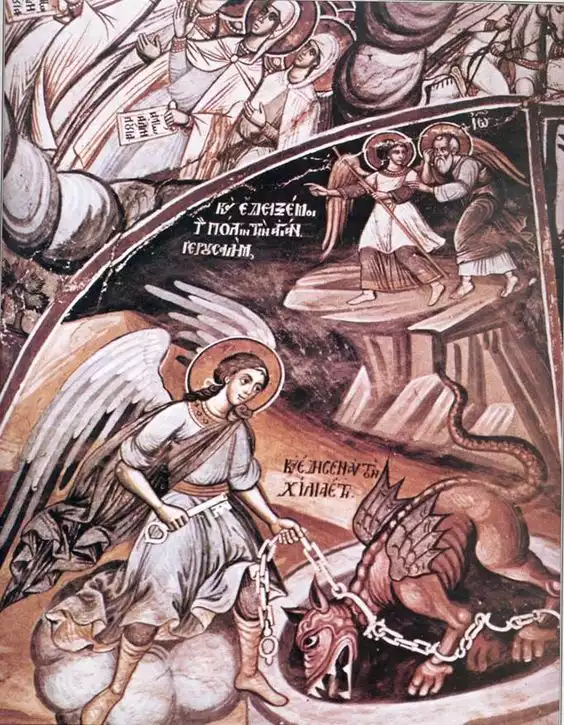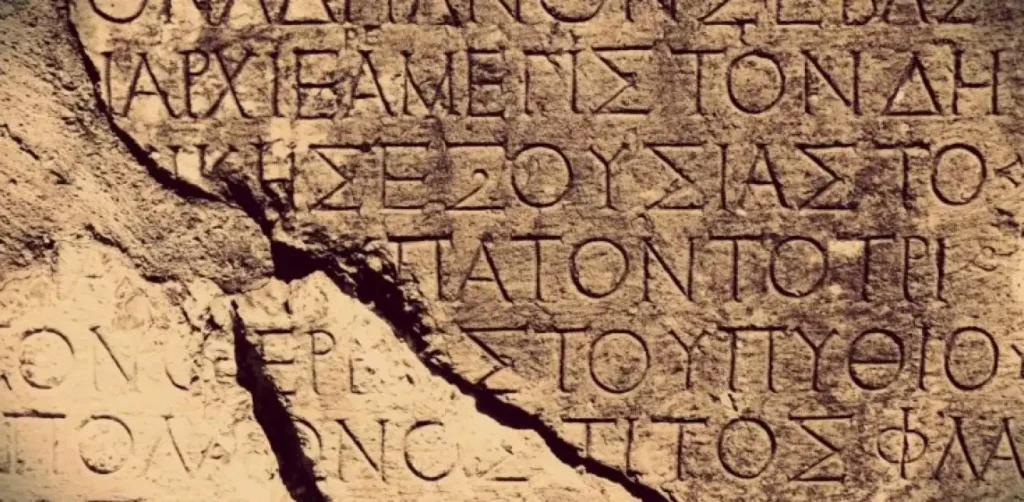Early Christian Symbolism: A Journey Through Sacred Signs

In the clandestine shadows of Roman oppression, early Christians sought to express and solidify their burgeoning faith through covert symbols. This ingenious form of spiritual communication, necessitated by a milieu of persecution, birthed a rich tapestry of sacred signs, each laden with profound theological significance. Early Christian symbolism, a silent yet eloquent language, ranged from […]
Dream | חֲלוֹם (Chalom) – Hebrew | ὄναρ (Onar) – Greek | Noun
Etymology and Semantic Analysis The English word ‘dream’ originates from the Old English ‘drēam,’ which historically meant joy or music but evolved to denote the images and emotions experienced during sleep. In the Hebrew Bible, ‘dream’ is primarily translated from חֲלוֹם (Chalom), while in the New Testament, the Greek term ὄναρ (Onar) is used. Dreams […]
Jaazaniah | יַעֲזַנְיָה (Hebrew) | Name
Etymology and Semantic Analysis Jaazaniah, a Hebrew name found in the Old Testament, originates from יַעֲזַנְיָה (Ya’azanyah), signifying “Yahweh hears.” This name appears in several instances, notably in 2 Kings 25:23 and Jeremiah 35:3, where Jaazaniah son of a Maacathite is mentioned as a military leader during the Babylonian siege. Another Jaazaniah, the son of […]
Biblical Fig | Biblical Lexicon | σῦκον (Greek)
Etymology and Semantic Analysis The English word ‘fig’ traces back to the Old English ‘fic’, which itself derives from the Latin ‘ficus’, signifying the fruit. In the Bible, the original Greek word used is σῦκον (sykon), a noun describing the fruit of the fig tree. This term appears in various contexts across both the New […]
Fifty in the Bible | πεντήκοντα (Greek: Pentekonta) | (Number)
Etymology and Semantic Analysis The English word ‘fifty’ is derived from the Old English ‘fīftig’, which is a compound of ‘fīf’ (five) and ‘tig’ (a group of ten). In the Biblical context, the Greek word ‘πεντήκοντα’ (pentekonta) is often used, signifying the numeral fifty. This word is found in various places within the New Testament. […]
Famine in the Bible | λιμός (Greek) | Noun
Definition The term ‘famine’ in the Bible primarily conveys a severe scarcity of food. In the original Greek, it is denoted as ‘λιμός’, a noun, reflecting a state of extreme hunger or food shortage. This word appears multiple times across the Biblical narrative, signifying both literal and metaphorical hunger. Commentary and Exegesis The concept of […]
Quarter in the Bible | τεταρτος (Tetartos) | Adjective
Definition The English term “quarter,” as an adjective, often translates the Greek word “τεταρτος” (tetartos), meaning “fourth” or “one of four parts.” This translation captures the fractional aspect of the word, emphasizing division or a segment within a larger whole. Various Translations In the King James Version (KJV) of the Bible, “quarter” is typically used […]
Revelation, Book of | A Comprehensive Examination

The Book of Revelation, often referred to simply as Revelation or the Apocalypse, is the final book of the New Testament and consequently the Christian Bible. Its authorship is traditionally ascribed to John of Patmos, an island in the Aegean Sea, around 95 AD, although precise dates of composition remain debated among scholars. Notably, Revelation […]
Alpha and Omega | An In-Depth Exploration

Alpha and Omega, a phrase deeply ingrained in Christian theology, symbolizes the eternal nature of God. Rooted in the Greek alphabet where Alpha is the first letter and Omega the last, this expression signifies the completeness and unchanging nature of God, encompassing all things from beginning to end. Its profound meaning has echoed through centuries, […]
Alpha | The Quintessential Greek Alphabet Letter

Alpha, the inaugural letter of the Greek alphabet, stands as a symbol of beginnings and origins. Its journey from ancient Phoenician scripts to its current typographic form unfolds a rich linguistic heritage. Alpha’s etymology traces back to the Phoenician word ‘aleph’, meaning ‘ox’. This connection is evident in its earliest graphical representation, resembling an ox’s […]
